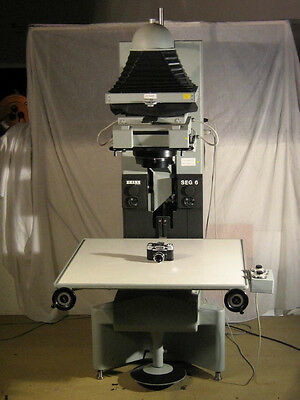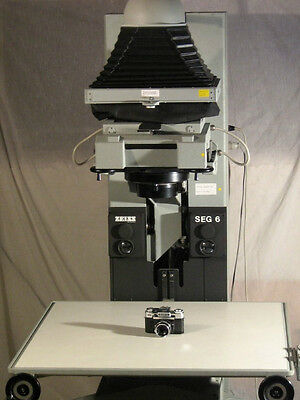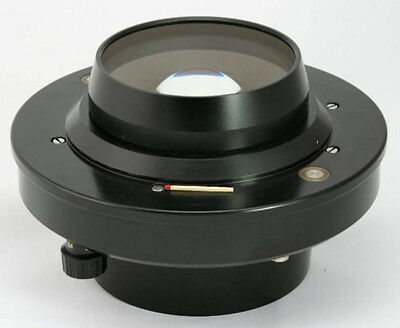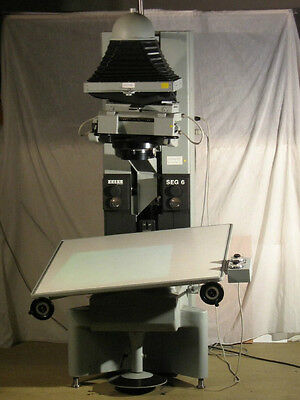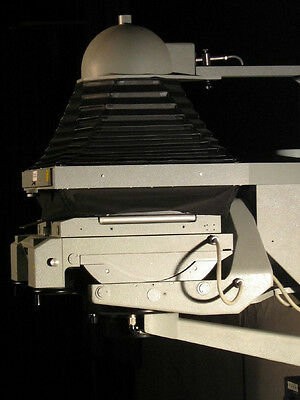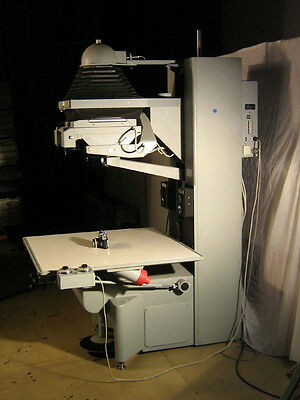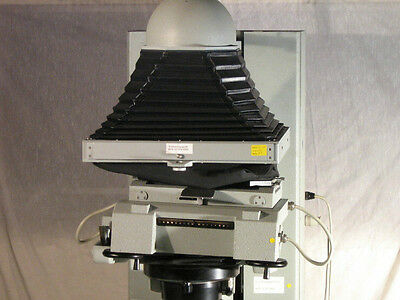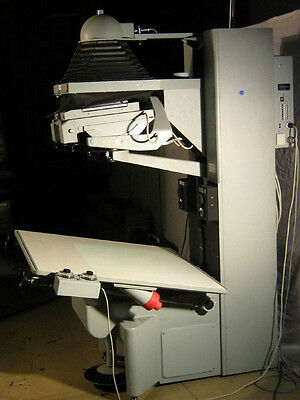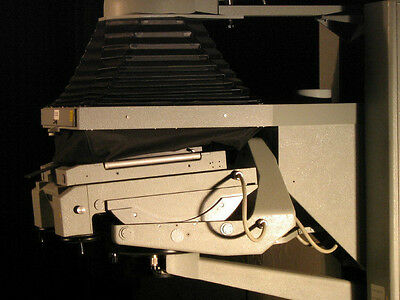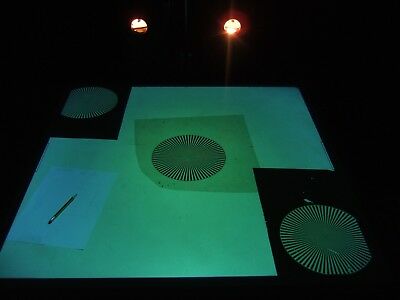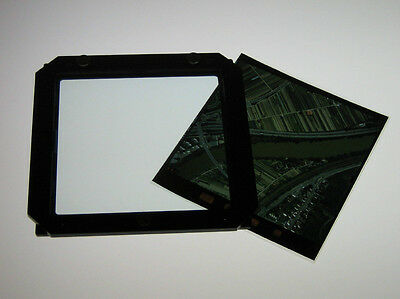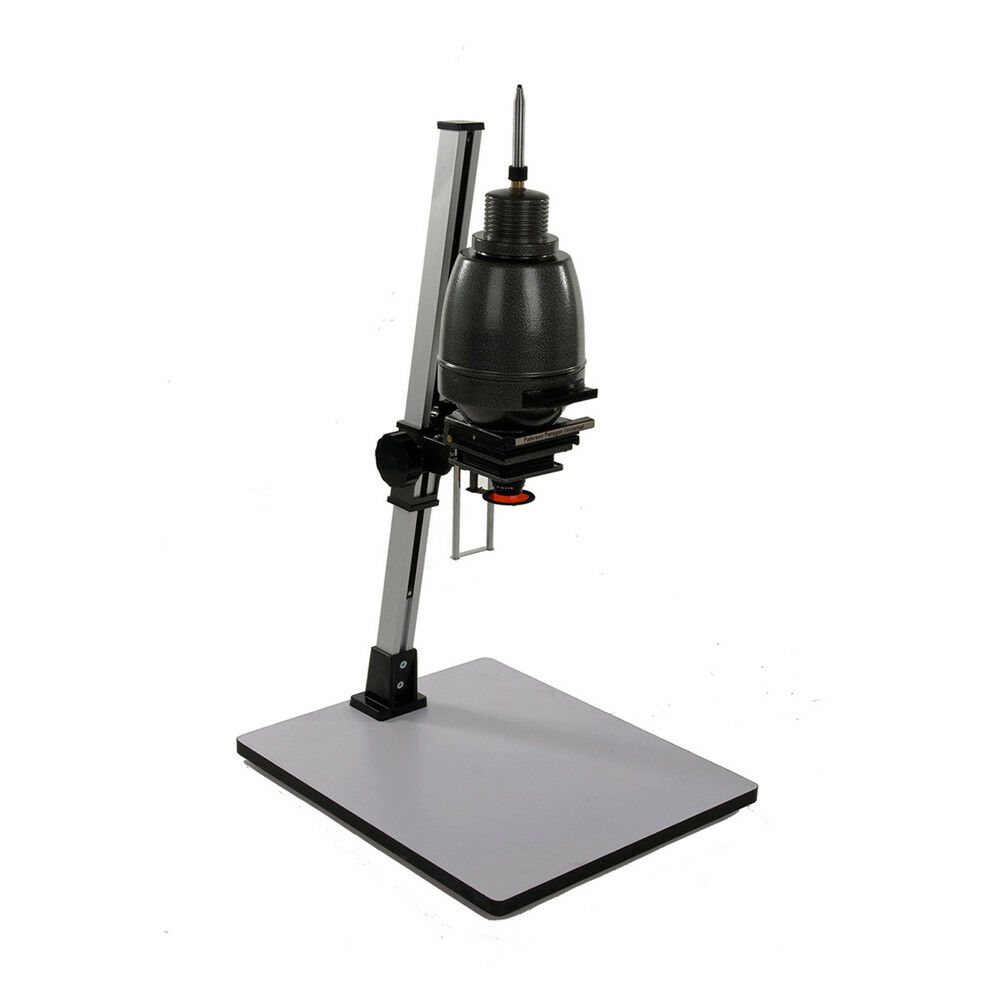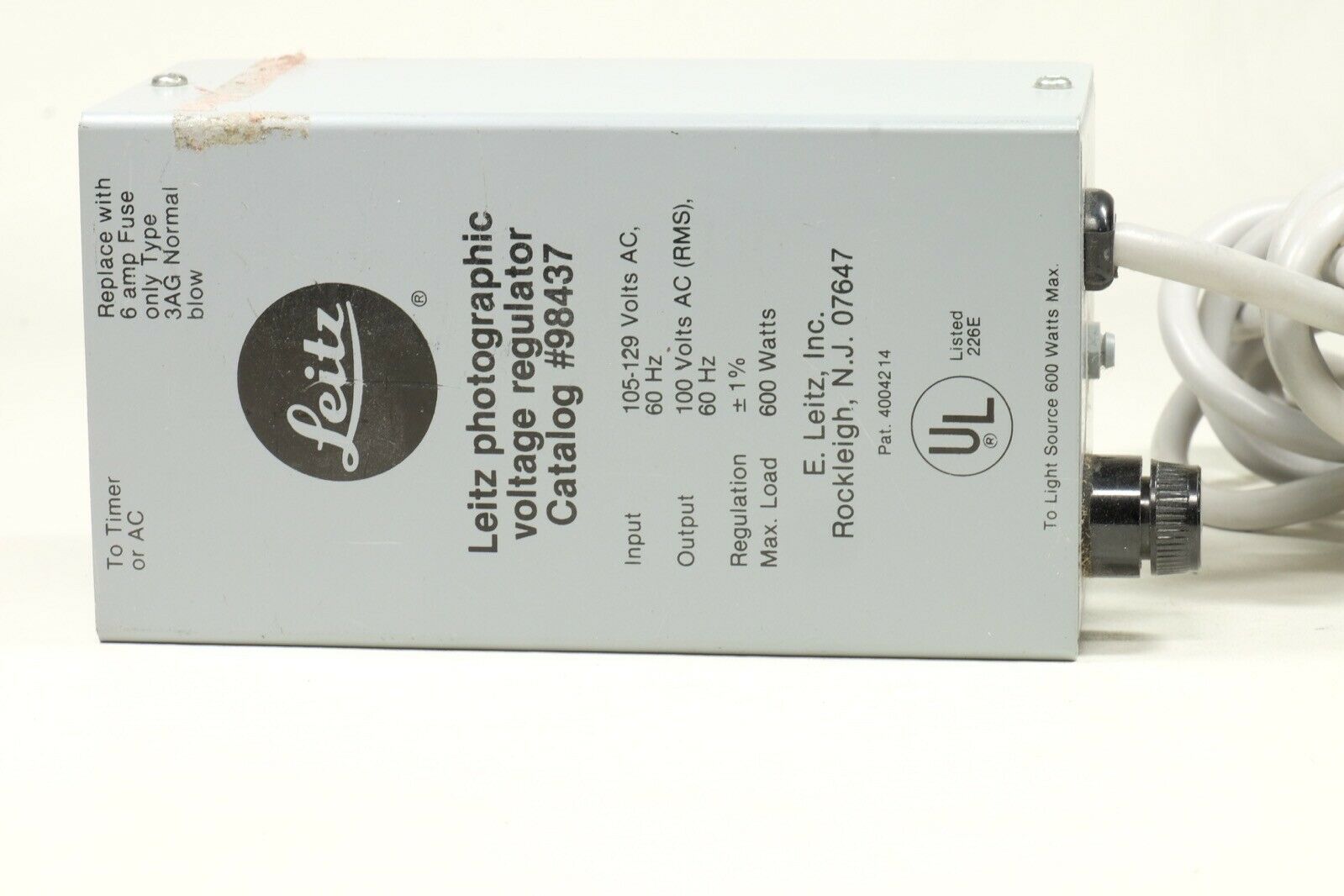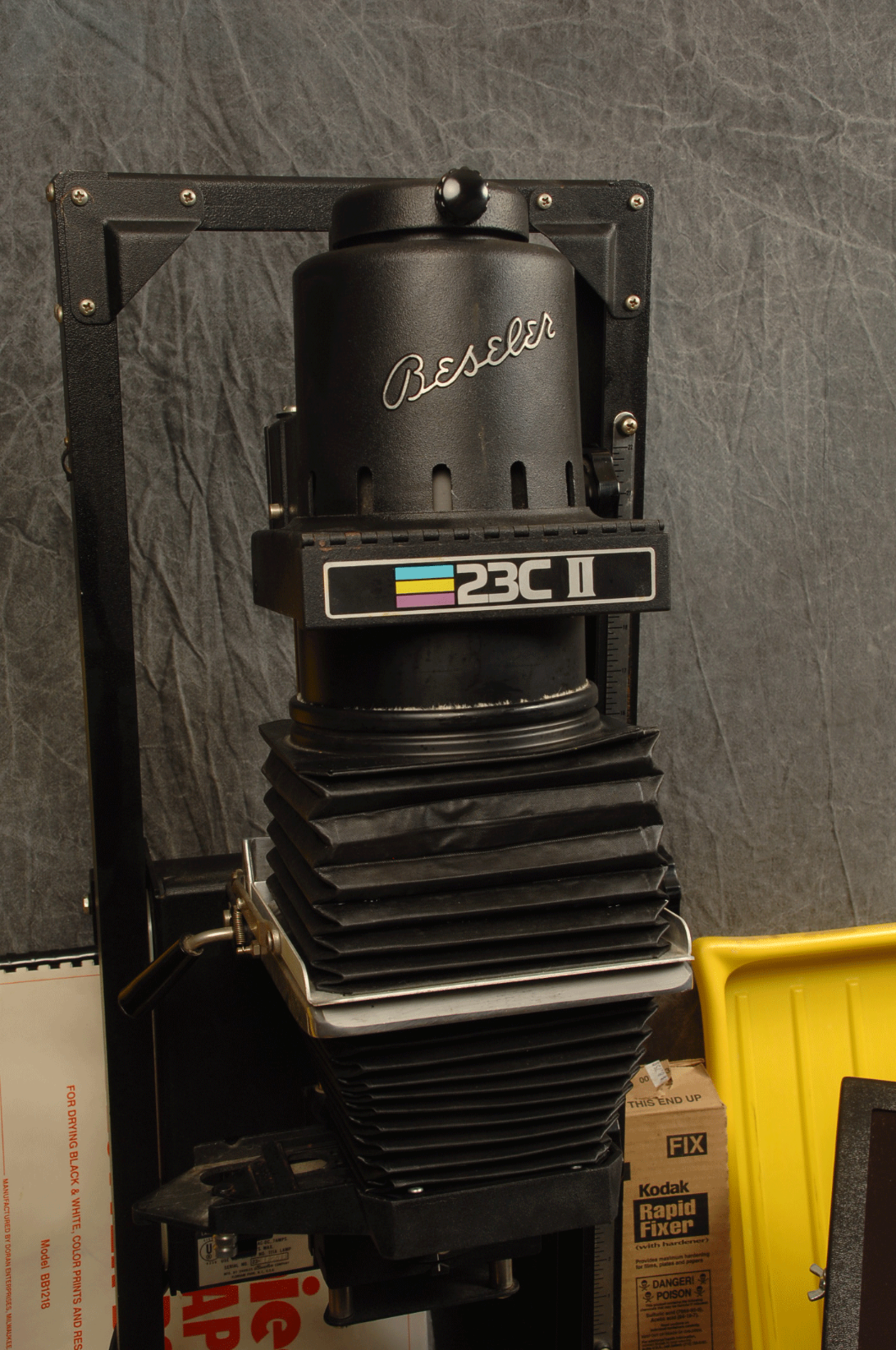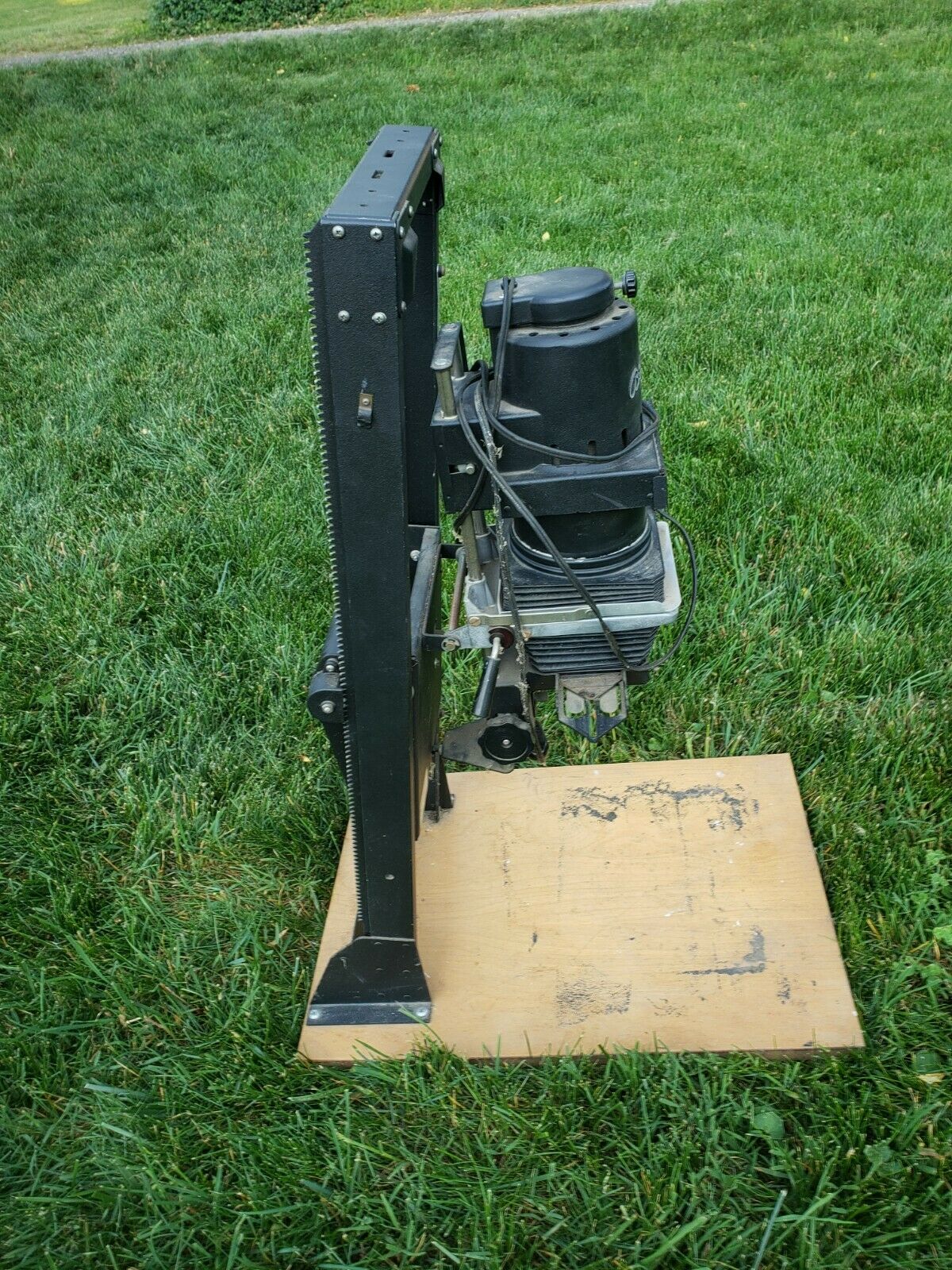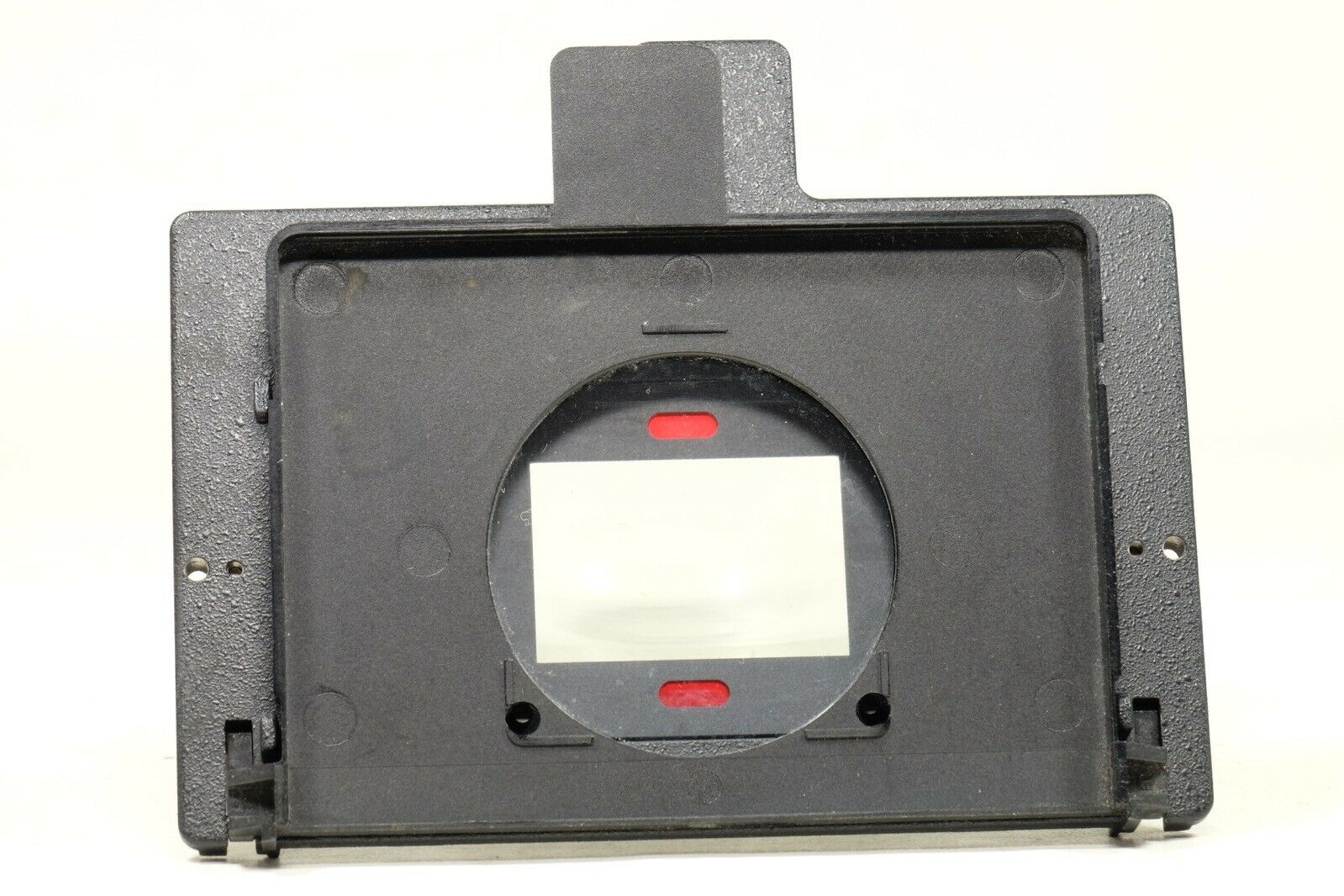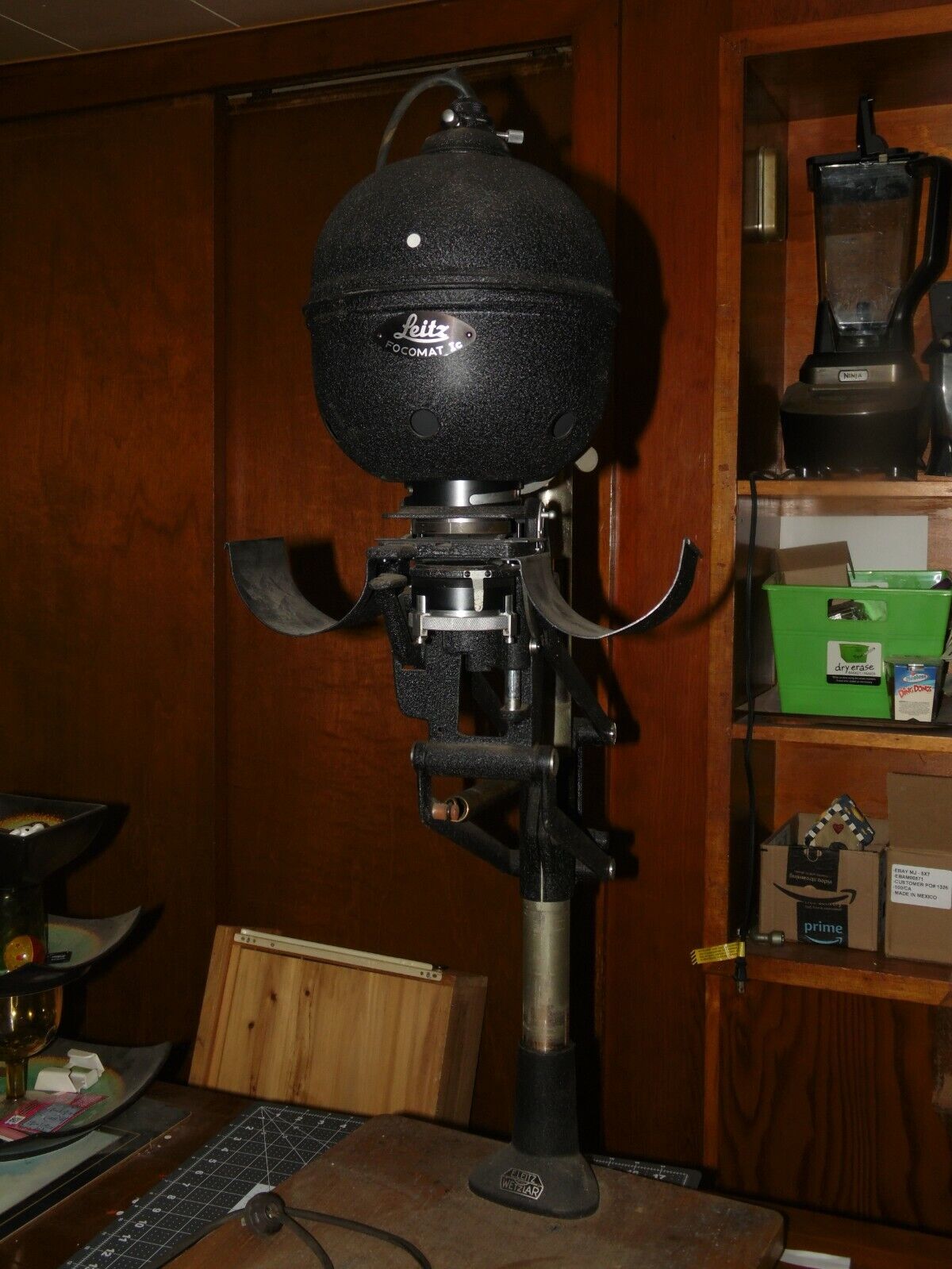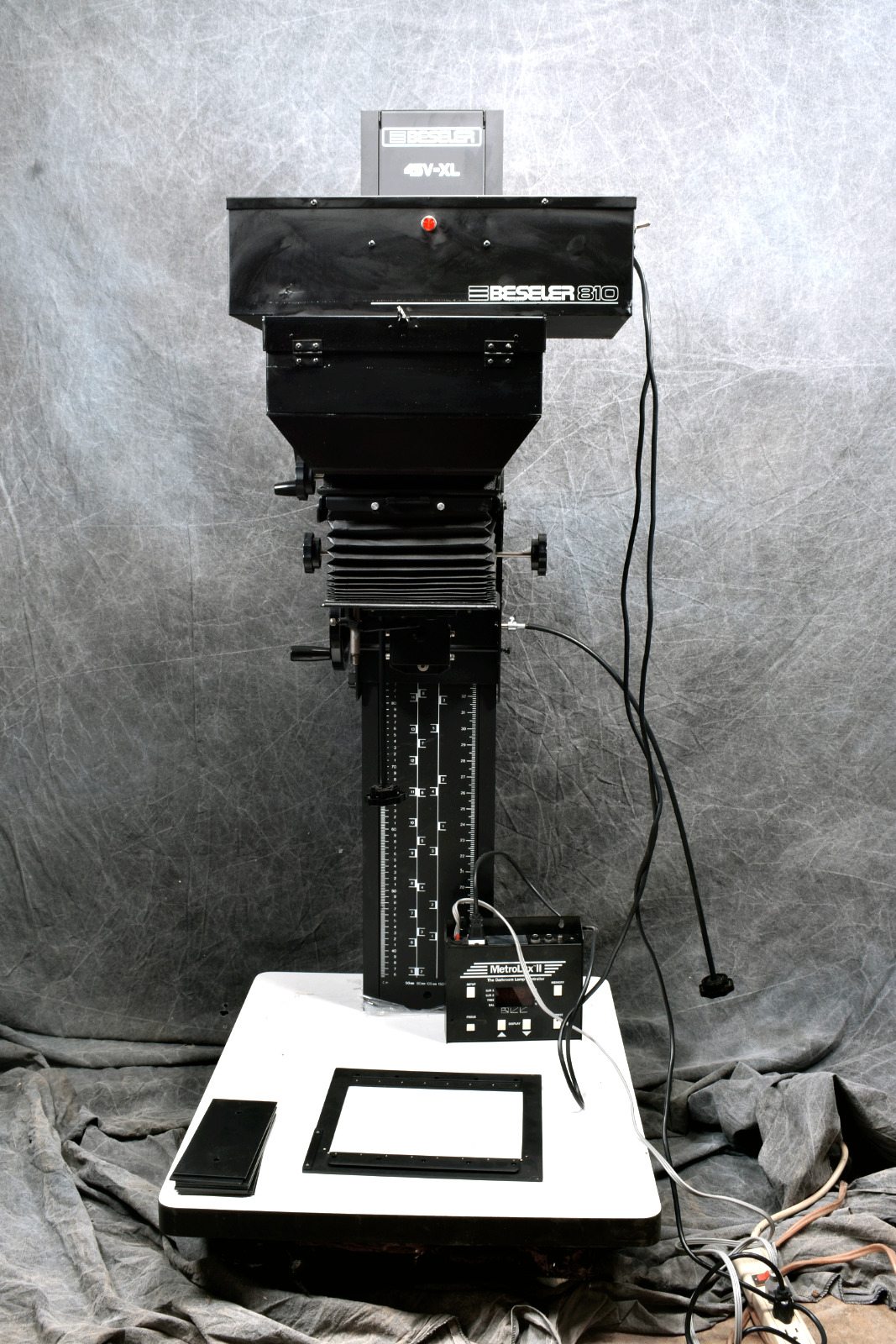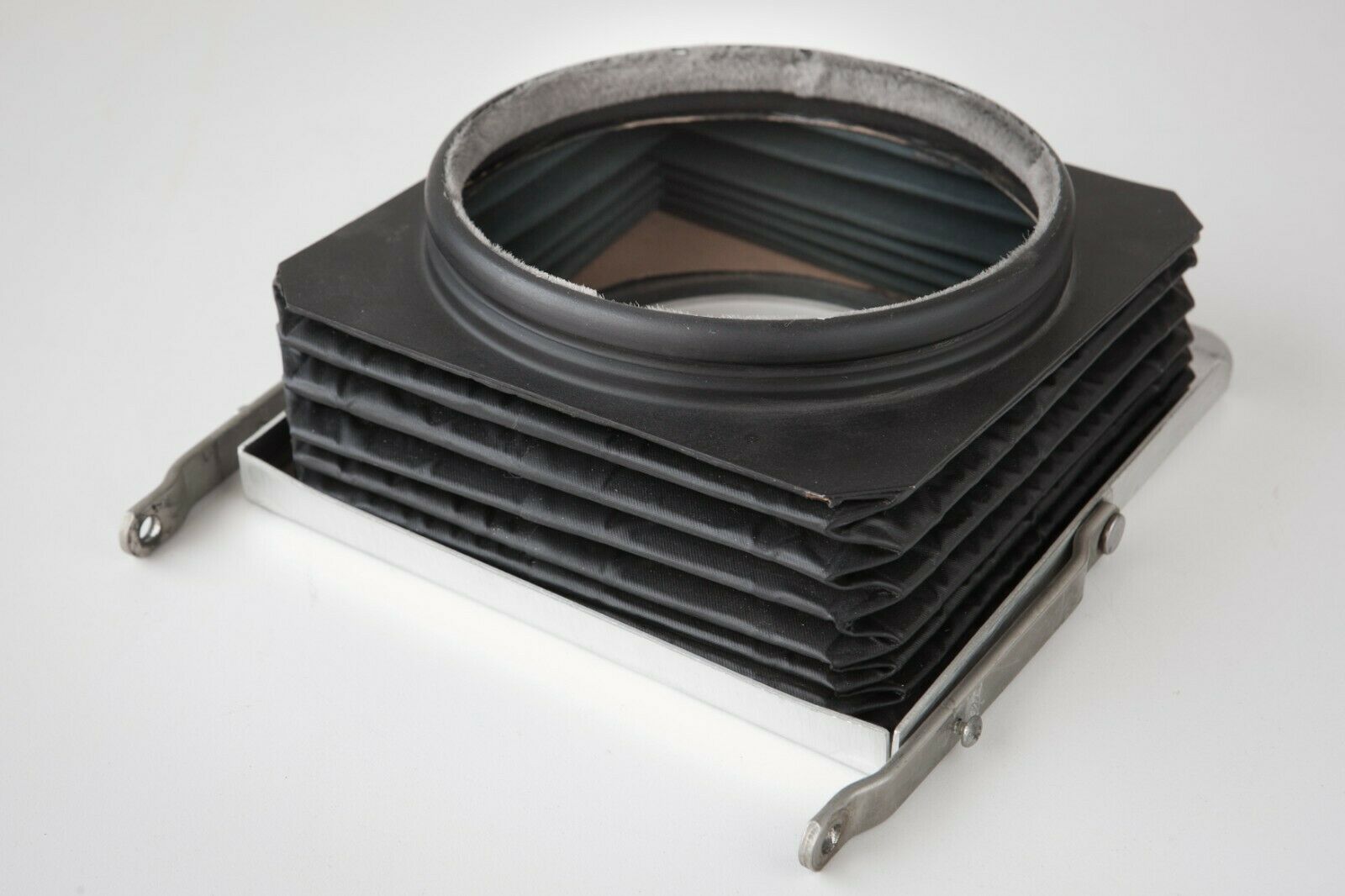-40%
Carl Zeiss Super Enlarger 9x9" High Resolution B&W large format
$ 14520
- Description
- Size Guide
Description
Special low pricing from June 26. until July 4. !!!!Well, I just wanted you to know this : I recently sold one to China,
and working along the
checklist ( calibrating and servicing )
I found following :
the resolution is .......
DIFRACTION LIMITED, IN CENTER AND IN CORNERS !!!!!!!!
And the contrast is so outstanding, I never have seen before !
Will ship worldwide ( total weight with crate 920kg )
Costs for special designed crate is 2000 $
Shipping costs depend on your location
Carl Zeiss High End Enlarger
( and I added some new details comparing the Zeiss enlarger with the Durst competitor )
I am in Fine Art business for decades, and for this purpose I bought the SEG 6. I had
a long way to end up there, using Durst, Homrich, all kinds of reproduction cameras
and half tone scanners like HELL- Linotype .
I was very happy, when I found, that Carl Zeiss produced this one. They solved so
many problems in their design :
> Extremly high resolution high contrast lens ( 120 lppmm all over the
image field of 8"x10" = 2,8 Gigapixel )
> One square meter vacuum ground plate
>
6, 5 x enlargement of a 9x9 inch negative in a room nine of feet high (
may be converted to 8 x10" at about 2000 $
)
> Automatic focusing with calibrated Topogon
( watch the little match on the huge lens ! )
> Antivignetting coating
> Automatic corrected distribution of light in every linear scale
> Optimized and controlled light path for razor sharp projection
And this unbelievable automatic system for automatic tilt and shift using Newton and
Scheimpflug all in one.
I always was looking for the perfect equipment . . . . . and it took me 30 years to find, that Carl Zeiss had produced an HiTec enlarger . . . for Photogrammetry !
The price in 1990 was about 320,000 Deutsche Mark ( I have some problems to transfer this into US $$, so the 0,000 I mentioned in the ebay auction might be
to low. Maybe $ 250,000 is closer . . . . ).
So, let's start to compare the Zeiss and its competitor :
Durst 1840
Zeiss
-------------------------------------------------------------------------
-------------------------------------------------------------------------
Maximum enlargement ( 8x10)
with 360mm :
2,5x ( =
500 x 625mm )
5,16x ( = 1050 x 1310mm , column is the limit )
with 300mm : 4x
( = 800 x 1000mm )
6,5x ( with a smart little modification ) = 1320 x 1650mm
( Largest paper roll from Ilford is 1420mm x 30,5m, regular rolls are 1080mm or 1270mm . . . )
-------------------------------------------------------------------------
-------------------------------------------------------------------------------
Maximum height :
at 2,5x ( 360mm ) = 2700mm
at 2,5x = 2124mm
at 4x ( 300mm ) = 2700mm
at 4x = 2367mm
- - - - at 5,16x = 2566mm
- - - -
at 6,5x = 2800mm
--------------------------------------------------------------------------
------------------------------------------------------------------------------
Base plate :
900 x 1100 mm
990 x990 mm vacuum
seperate vacuum plate 650 x 850
modified : 1320 x 1650 mm maximum
----------------------------------------------------------------------------------------------------------------------------------------------------------------------------------------------------------------------------------
But the most important difference for me is the performance of the HiTec lens.
With the Durst, you might use an Apo Rodagon 360mm ( 300mm ) or Componon-S 360 ( 300 ).
These lenses need to be stopped down to f -16 minimum to be good in the corners, to get the similar performance in corners as in the center, they need to be stopped down to f-22, minimum.
At f-22 and scale 1:2,5 the diffraction limit of the lens is 50 line pairs per millimeter. But these lenses are no diffraction limited systems.
Let us say, it can resolve negatives with 40 line pairs. Linear magnification is 2,5, that will give 16 lppmm on the print.
If I am remembering correctly, the data sheets of Rodenstock and Schneider are showing the MTF of the 300/360mm up to 16 lppmm.
And this is what they can do : a fairly good resolution with a fairly good contrast.
The plus is the condenser system, it is rising the detail contrast.
The Zeiss 180mm lens is a 90°<) design, giving a 380mm image circle. So, with 320mm needed for 8x10, you are using the sweet spot of the lens. Its extreme high performance
is starting at f- 8, best is f-11.
The special mercury lamp is tending to the blue light, so the diffraction limit here is 120 lppmm. The lens is designed for use in blue light, and so the contrast is
VERY high when
printing on regular fiber based paper with blue sensitivity. On the print you will have 48 lppmm.
The minus is : it makes no sense to do color enlargements. You can do, but it is much much better scanning and printing them digitally nowadays.
But for B&W : there is no scanner and no printer able to resolve this.
To get the similar results, you have to buy a horizontal enlarger like the Durst HLF2 2506AF ( $ 94,166 ) and the Apo EL Nikkor 5,6/480mm.
But maybe only 3 of them are known, the last one has been sold at $ 150,000.
And, the performance of the 480 is not perfect in the corners, for 8x10 you have to go to f-16, and the space you need for a 6,5 x print is 200 inch from print to condenser.
Now, making up my mind for all this, I am tempted to rise the price for the Zeiss up to 50K . . . .
I forgot to mention : the Zeiss has a smart condensing illumination, and its lamp and condenser is always automatic moving into the proper distance for each scale.
Best wishes from Germany,
Thomas
Original price about in 1990 : Deutsche Mark 320,000.00 ! ! !
OK, it is heavy. . . . . 580kg ( considering cargo shipping )
More info : aerozeiss ( at ) t ( minus ) online ( dot ) de
See also my ebay listing at
aerozeiss2
!
beseler 23c ii. Condition is "Used". Shipped with USPS First Class.
